

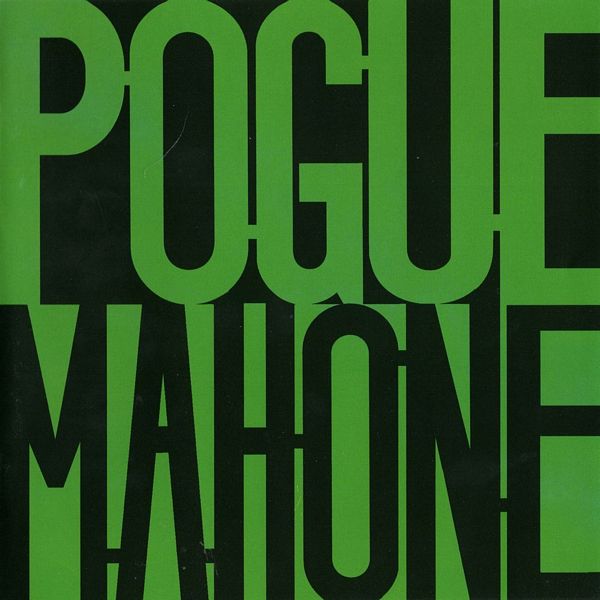 |
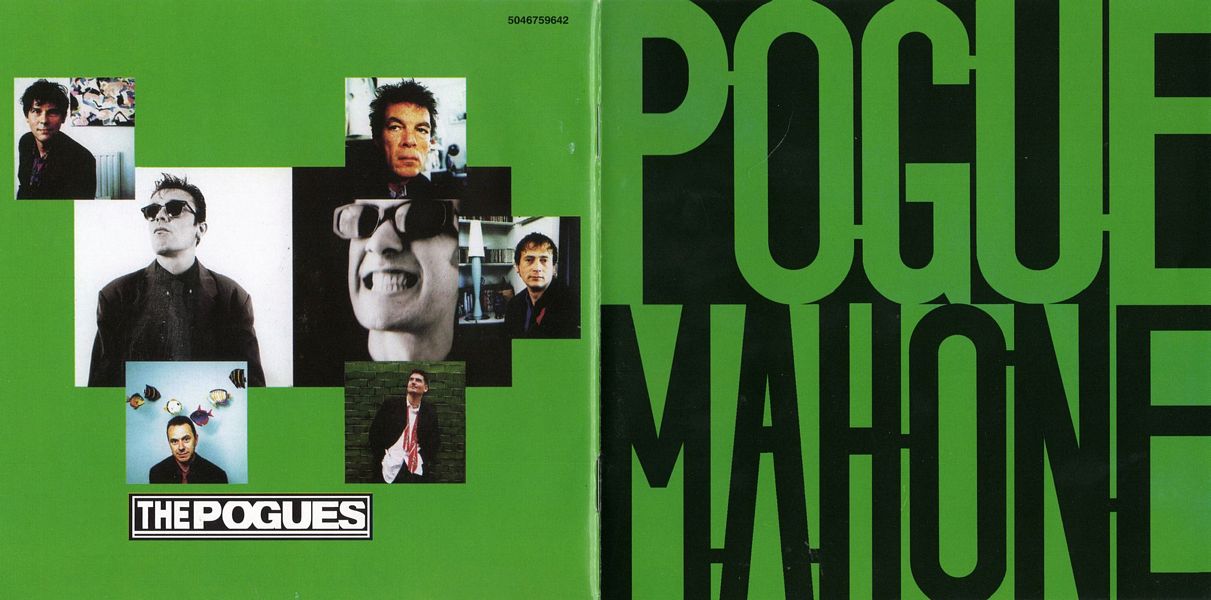
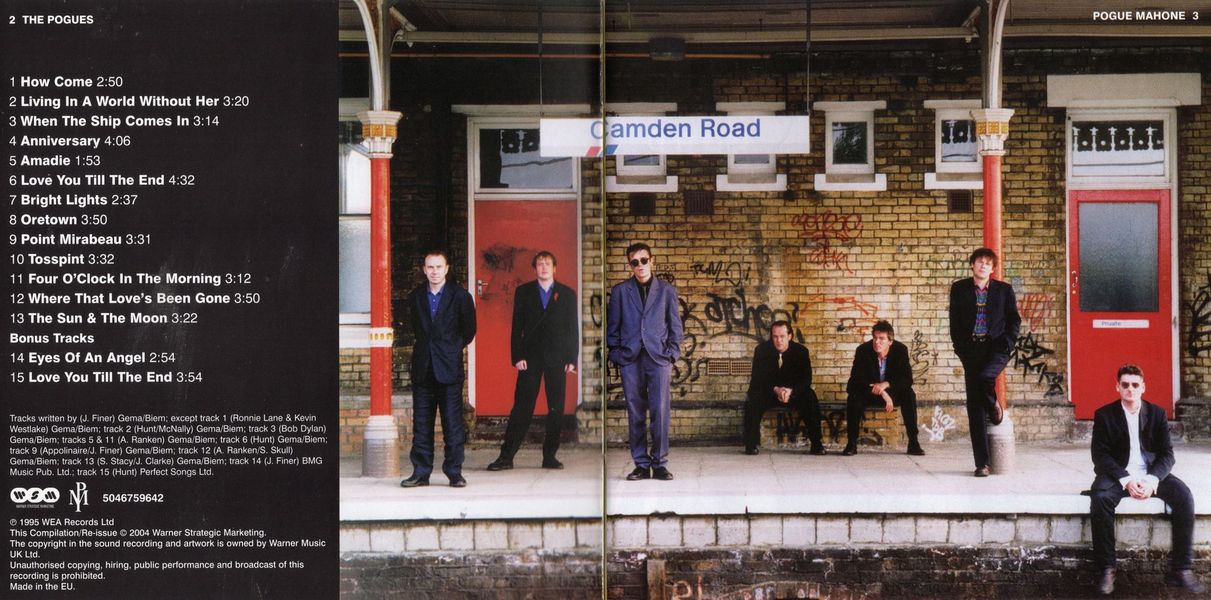 |
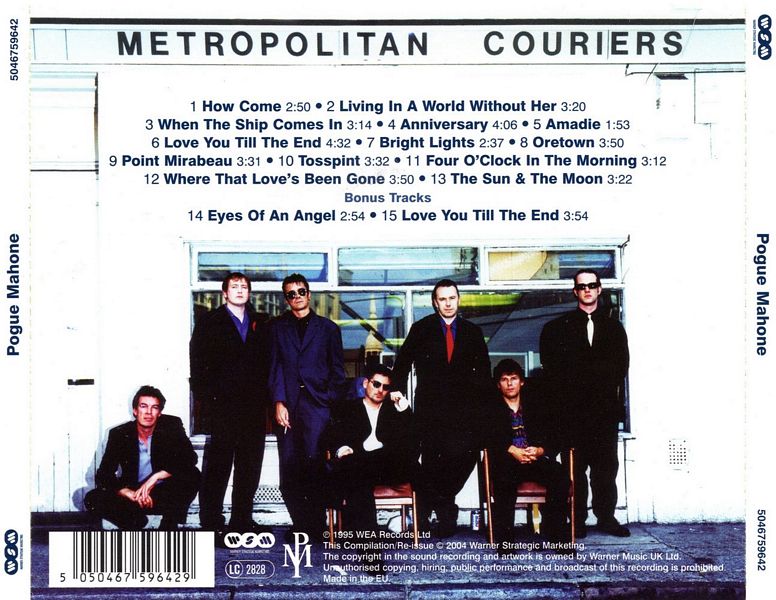
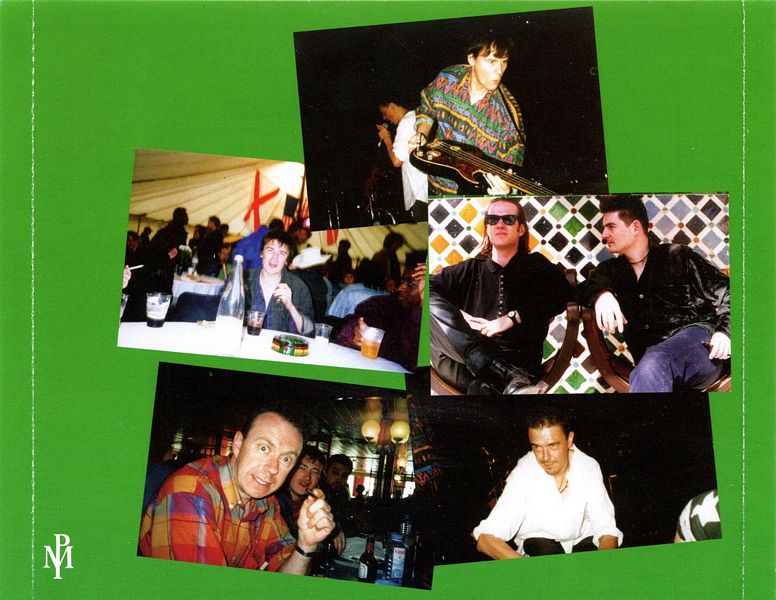
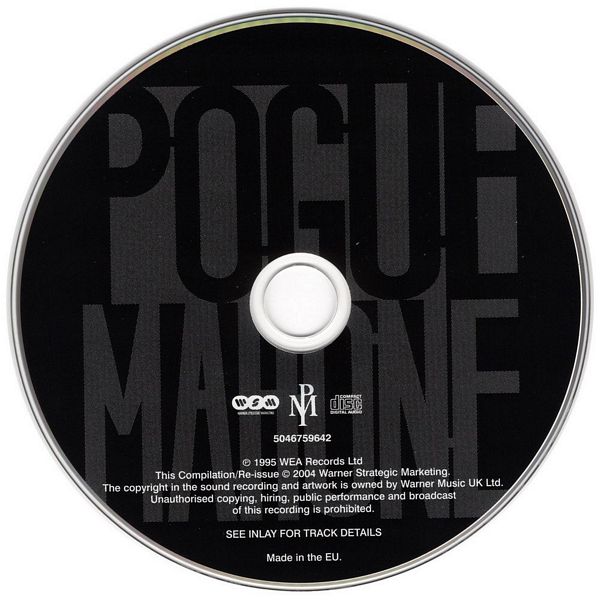 |
| more images |
Sleeve Notes
From the moment Shane walked on stage at the Manchester Apollo on their reunion tour in 2001 and announced that it was good to be back in Liverpool, through to the last song, I realised I'd forgotten just how good the Pogues were.
Having watched them perform over the last couple of decades, turning out classics like 'Fairytale of New York' and 'Thousands are Sailing' with that great energy that they give to their performances, I for one hope they carry on entertaining us music fans for years to come.
Stuart Pearce
Manchester City Coach & Former England Captain
THE mid-90s in the UK was the heyday of Britpop, but for one other band, thoughts of Union Jack-related new wave beat music were far away. That band was the Pogues, who in one form or other had been in existence, for over a decade. Along the way they had weathered line-up changes — including the loss of founder member Shane MacGowan, enjoyed respect from acts who once might have inspired them — Tom Waits, Elvis Costello and Bob Dylan — and even released a Christmas standard, 'Fairytale Of New York'.
The Pogues had begun their career as Pogue Mahone, a name that, as every bad child knows, is sort of Gaelic for "Kiss my arse". British radio censors objected to this, so the band changed their name to the abbreviated form that the fans and the press had been using for some time.
But now, as the band entered the middle of their second decade together, it was time for a statement of intent. Time, in fact, to acknowledge their past, and maybe also issue a statement to those who were criticising them for still existing in a jaunty post punk Carnaby Street kind of world. The Pogues named their new, seventh album, Pogue Mahone.
It was a good time for a defiant statement of intent. Not only was Shane MacGowan long gone, not so much pursuing a solo career as walking after one and throwing empty cans at it, but other band members had decided to depart the raft of the Medusa. James Fearnley was living in Los Angeles and, as Darryl Hunt put it, was finding it hard to get over for rehearsals. Terry Woods had gone solo and Philip Chevron became ill shortly before recording began.
"Their batteries were all used up I think they were also starting to feel that this wasn't their band anymore. With the line-up we have now, it feels as if we are more of a team," said Daryl Hunt.
'James had the best reason to leave of them all," said Spider. "He got married to an extremely beautiful woman in Los Angeles and they had a baby there. She's an actress. She was that one; you know the one who was Richie Valens' girlfriend in La Bamba. It was simply impossible to be travelling all the time with us, so he packed it in."
The other original members Spider Stacy, Jem Finer, Andrew Ranken and the all-but-original member Daryl Hunt had recruited new Musicians — James McNally, David Coulter and Jamie Clark.
These incoming Pogues were crucial to the band's continuation with Coulter and McNally (later a member of the Afro Celt Sound System) assuming the multi-instrumental roles of Woods and Fearnley with ease.
"When we began working on this album, we were able to get back to playing songs that were powerful and direct," Finer said at the time. "The change of line-up really shook things up and was actually good for the group. The more we played the new material, the more this interesting idea started to emerge that the music is actually bigger than the individuals … so long as it's played with the right feel."
Spider Stacy quickly dismissed talk of rivalry between The Pogues and the newly solo MacGowan. Spider had taken over Shane's role as lead singer but was in no mood to criticise his old sparring partner. Once a Pogue, always a Pogue.
"All I want to see is for him to do as well for himself as possible," insisted Spider, "I think we actually complement each other. I mean, I'd like to do a tour with him, in fact. Let the two of us go out with two bands, headlining on alternate nights. That would wipe the smirks off people's faces!"
The last Pogues album had been subject to a frustrating delay. Although recording had begun in October 1994 it did not reach the UK stores until the following September. This was a disappointment for a group used to the instant cut and thrust of live performance. But the extra time taken to produce the record allowed the entire range of the new line-up's talents to be felt.
The Pogues previous Shane-less album had been a powerful and diverse collection of originals; this time round, the band were able to permit themselves the musicianly luxury of a couple of covers, Ronnie Lane's 'How Come' and Bob Dylan's 'When the Ship Comes In'.
There was even a setting of a French poem by Apollinaire, 'Port Mirabeau' which Jem Finer's father had translated, suggesting that the group should set it to a 'Misty Morning, Albert Bridge' style arrangement.
Poetry, in fact, seems to have been part of the new poguetry; when interviewed about the slightly exciting nature of being a Pogue, new member David Coulter explained: "I've always been attracted to the self-destructive quality of genius. I'm reading the work of [French poet] Antonin Artaud right now … "
Coulter also pointed to the band-democracy nature of the new Pogues style of song-writing. "Without Shane, I think the rest of the band had a chance to move the forefront. People didn't seem to notice that a band is only as good as the material and Pogues material was a product of everyone in the band."
Darryl was a little more circumspect. 'Jem did a little bit more. Me and Andrew did about the same. Spider wrote The Sun And The Moon' with Jamie Clark. It's spread a bit more evenly than the previous one."
There's variety, as ever, in the songs. Andrew Ranken's 'Amedie' was a tribute to a renowned Cajun musician. Joining the honourable list of artists such as Jean Genet, Federico Lorca and John McCormack that had been praised in previous Pogues songs, Amadie Adouin was a singer guitarist whose career had been cut short when an attack by a group of rednecks left him without his beautiful voice. The new look Pogues had a less cynical edge than previously allowing unexpected moments like Daryl Hunt's sweet but sad 'I'll Love You To The End' to shine. Here the arrangement centred on violin. Piano and gently building guitars and Spider's vocals were complemented by the addition of guest singer Debbie Wykes, a pairing which recalled Shane MacGowan and Kirsty MacColl on 'A Fairytale Of New York'. Jem Finer's 'Bright Lights' is so called because "Darryl Hunt wrote a song called 'Big City' … so I thought I'd write one called 'Bright Lights'".
Perhaps it was no surprise that as the group were coming to the end of their career that several of the songs spoke of absent friends and love lost — 'Living In A World Without Her', 'Love You Til The End' and 'Where That Love's Been Gone'. And yet what still fired The Pogues was the same spirit that had always fuelled their music, a belief in the real, raw emotion over the technically correct but ultimately soulless.
There's a hell of a lot of ace sight reading grade 50 classical musos who can't play a note unless someone puts a score under their nose," explained Jem.
"There's untrained kids who can beat out awesome Art Blakey style drum solos on an old dustbin. Of course there is a lot of crap composed on computers but no more than is composed on guitars, pianos etc. Music either turns us or else it doesn't, what does it matter how it was created?"
Daryl invoked the words of the great funk musician George Clinton to explain the underlying philosophy of Poguedom. "If you liberate your mind you can actually go in any direction and not be hung up on the background. We pay respect to everybody's culture. Of course, we get a lot of source and a lot of energy and a lot of ideas from Irish music, as we do from many things. We fly around and pick things up in our little spaceship, our Mothership, and land back in London," he continued.
The Pogues career came to a halt the following year when through a mixture of illness and disinterest, the group were forced to disband. There was a last reunion with MacGowan before the split and of course they would be back together later, a legacy as deep and rich as theirs being too good to squander.
What, after all, is in a name? In music it has always been the spirit that counts and what unifies Pogue Mahone is, of course The Pogues. This may be their last album as a group, but its name, and its contents, are a suitable end to a career that did much to change popular music.
Gavin Martin